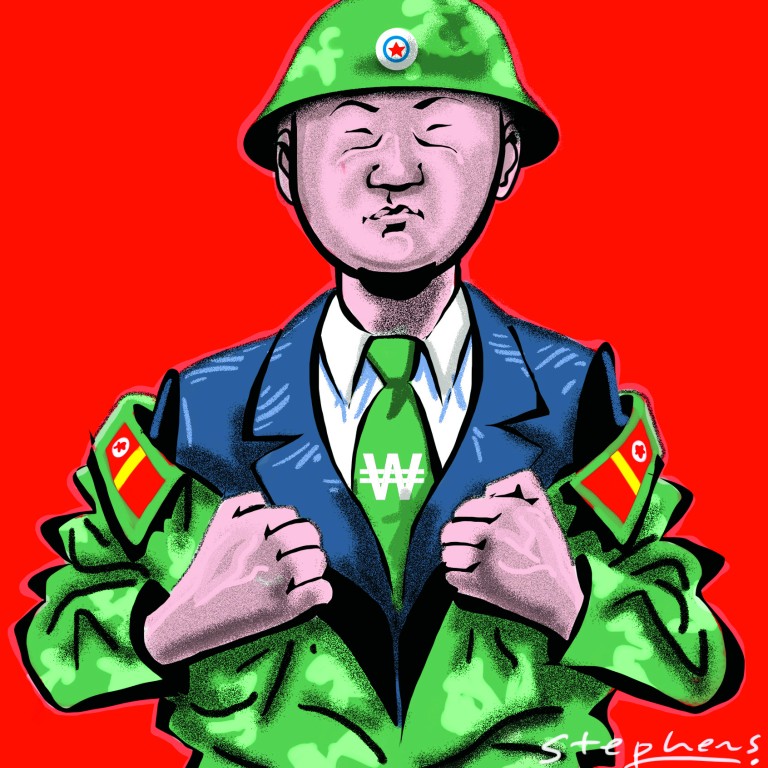
Trade can do what threats cannot, and bring North Korea in from the cold
Andrew Leung says economic overtures by China and others to Pyongyang could be more effective than further sanctions
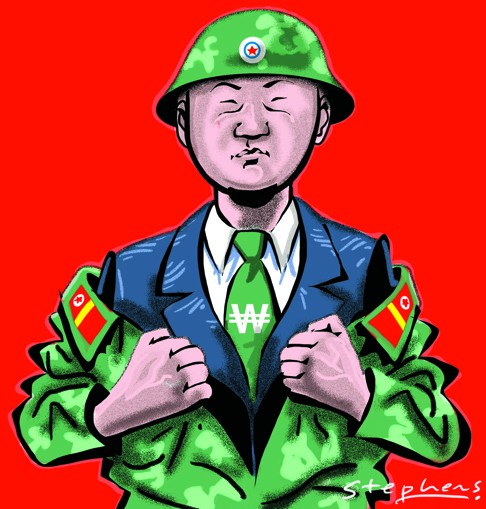
READ MORE: North Korean rocket condemned – UN Security Council pledges significant new sanctions as China, Russia show restraint
North Korea is the only country known to have conducted nuclear tests this century and this was its fourth since 2006, which points to an unwavering ambition to achieve long-range ballistic nuclear deterrence. The response so far is for more sanctions: the blunt tool that hasn’t proved to work.

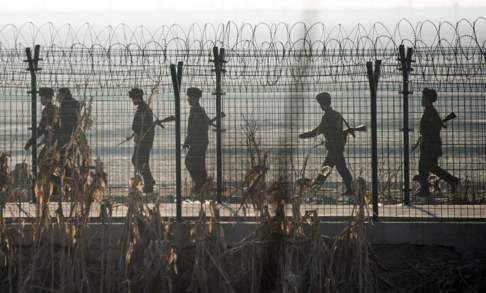
China regards stability on the Korean peninsula as an overriding interest
China regards stability on the Korean peninsula as an overriding interest. A friendly nation on the peninsula provides a buffer between China and the democratic South, home to around 29,000 US troops.
The US and its allies are showing growing impatience with China’s response. Notwithstanding recent warmth towards China as its largest and most promising trading partner, South Korea’s President Park Geun-hye said she would consider deployment of US Thaad (terminal high-altitude area defence) missiles on South Korean soil, despite strong Chinese opposition.
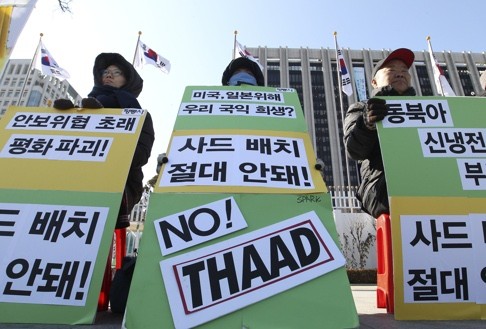
Pyongyang’s greatest fear is perceived to be US-led regime change
Pyongyang’s greatest fear is perceived to be US-led regime change. Long-range nuclear missile deterrence is seen as the only effective insurance policy. Resistance to foreign coercion serves to prop up regime legitimacy in the knowledge that China would not allow its regime to collapse.
According to the US Council for Foreign Relations, North Korea’s famine in the 1990s killed between 800,000 and 2.4 million people. The worst drought and poorest harvest in decades happened last June. UN agencies estimate that 70 per cent of the population lack reliable access to affordable, nutritious food.
North Korea has been quietly constructing new special economic zones with the help of China’s capital and engineering teams
For China, the US, South Korea and Japan, playing by the old hymn book is clearly no solution. Meanwhile, the hermit kingdom has put into deep freeze all cordial relations with its perceived adversaries.
Beijing has been trying to gradually move Pyongyang off aid towards more commercially viable ties. According to a report in Yazhou Zhoukan magazine, North Korea has been quietly constructing new special economic zones with the help of China’s capital and engineering teams. This follows an early experiment with the Kaesong industrial park,区jointly operated with South Korea, which has been temporarily shut down as a result of current tensions.
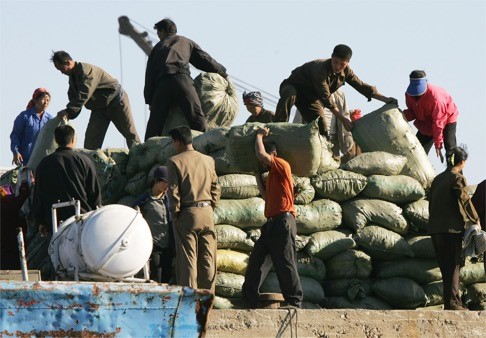
Another large development area is the Rason special economic zone around the Rajin port at the country’s eastern tip. It is said to comprise a dozen sectors, including agriculture, logistics, light manufacturing, oil refinery and ecotourism.
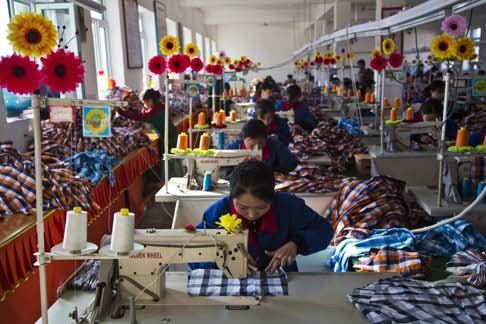
To change North Korea for the better, sanctions are necessary but not sufficient
When realised, these facilities may help tilt things towards economic development. Even if Pyongyang retains its “military first” strategy, it should pave the way for its eventual development into a less insecure nation that doesn’t rely on nuclear threats to prop up its regime.
To change North Korea for the better, sanctions are necessary but not sufficient. In addition, Beijing should see fit to give financial fair wind to North Korea’s special economic zones and infrastructural development, particularly those that link up with China.
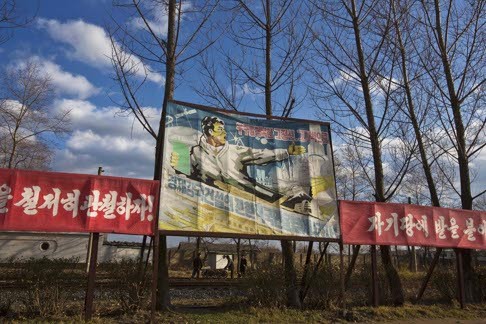
The ancient Greek historian Thucydides reduced human motivation for war to “fear, honour and profits”. His insight can equally apply to North Korea’s belligerence. The profits to be gained from economic development will enhance national honour and security. Once secure, Pyongyang’s need for bouts of aggressive behaviour should peter out.
READ MORE: ‘Serious questions about North Korea sanctions’ – Leaked UN report raises doubts about whether measures against Pyongyang have had any effect
These economic overtures must be clearly understood not as a reward for bad behaviour but as a cure. While sanctions and military options may disappoint, economics can be a powerful alternative. The example of Vietnam’s Communist Party comes to mind – while a war failed to procure change, economics has now wrought wonders.
Andrew K.P. Leung is an international and independent China strategist

